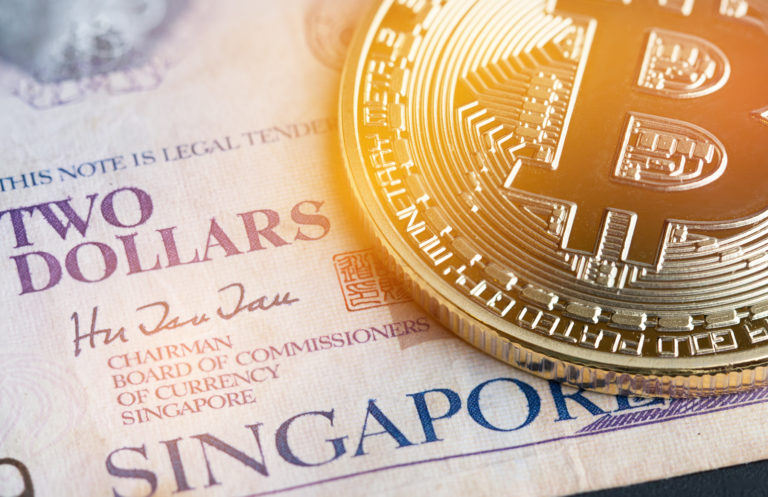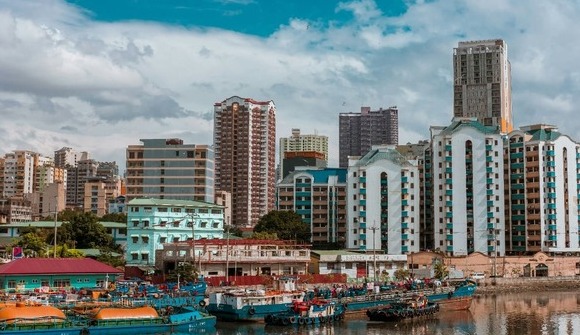
Where does Singapore’s crypto policy go from here?
Despite Singapore’s reputation as a crypto-friendly hub, the truth is more complicated. Is the city-state purposely keeping out small companies?
Singapore, the leading economy in Southeast Asia, has long been thought of as welcoming to innovation, particularly in the fintech sector as an engine for growth. With that embrace of innovation came a forward-looking embrace of all things cryptocurrency and blockchain, attracting startups from around the world, with Singapore ranked as the second most popular country for ICOs in 2018. This approach has contrasted with China, which has banned crypto trading and mining, and in the U.S., where the Securities and Exchange Commission sought to play enforcement catch-up, following the ICO boom.
It seemed to the outside world that up until recently, Singapore was leading the way on crypto. As reported last summer, while many parts of the world was hellbent on cracking down on crypto, “crypto players like Binance have found Singapore to be a paradise of opportunity, even while a regulation storm looms over the industry in other parts of the globe.” Even as recently as last October, after more crackdowns on crypto in China, the city-state of Singapore was seen as a chief beneficiary of fleeing businesses.
This liberal status quo persisted even as over 300 crypto companies waited for a license to operate in Singapore under the 2020 Payments Services Act (PS Act), following 2019 legislation from the Monetary Authority of Singapore (MAS). An optimistic 2020 report that the system of providing a temporary exemption from licensing under the new law amounted to “regulatory acceptance.” Which, coupled with Singapore’s robust reputation, ensured it’s “likely to make the country a haven for crypto exchanges and startups over the next few years.”












